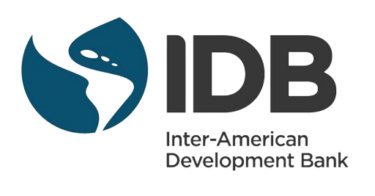Home – Case Studies – Supporting Inter-American Development Bank to Release Green Hydrogen Report
Supporting Inter-American Development Bank to Release Green Hydrogen Report

Home – Case Studies – Supporting Inter-American Development Bank to Release Green Hydrogen Report

In 2015, at the 21st Conference of the Parties in Paris, 195 countries signed a legally binding agreement to engage in outlining and implementing national strategies to keep global warming “well below 2°C above pre-industrial levels.”
Achieving this target will require a monumental change in how we use and consume materials and energy. Energy is one of the most carbon-intensive sectors, and green hydrogen – made from the electrolysis of water powered by renewable energy – is a critical element in a viable global solution.
Providing technical support to the bank, Anthesis analysed the National Green Hydrogen Strategies and existing regulatory frameworks as well as any existing green hydrogen projects. A benchmarking exercise was conducted to take into consideration, in addition to the IDB requirements, further international standards, national regulations in different jurisdictions and global technical standards.
In the absence of a comprehensive set of regulations and practices directly related to green hydrogen – both at national and international levels- Anthesis experts selected the relevant pieces of regulation and practices currently applied to different sectors and assessed how they applied to the green hydrogen sector.
This study focuses on the following
The report was led by Anthesis’ Italian team with support from global colleagues.
Discover how Anthesis can support your sustainability ambitions.
The report analyses the main risks, impacts, and mitigation measures of activities related to green hydrogen, summarises international best practices on EHSS matters for hydrogen management and analyses the relation with the new IDB’s Environmental and Social Policy Framework (“ESPF”).
The report is aimed to provide a support tool for the decisions of the bank in financing green hydrogen projects in the region.

We’d love to hear from you
We are the world’s leading purpose driven, digitally enabled, science-based activator. And always welcome inquiries and partnerships to drive positive change together.